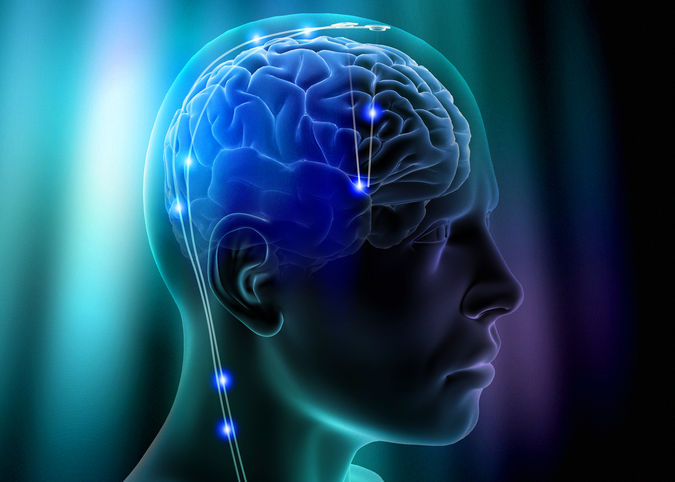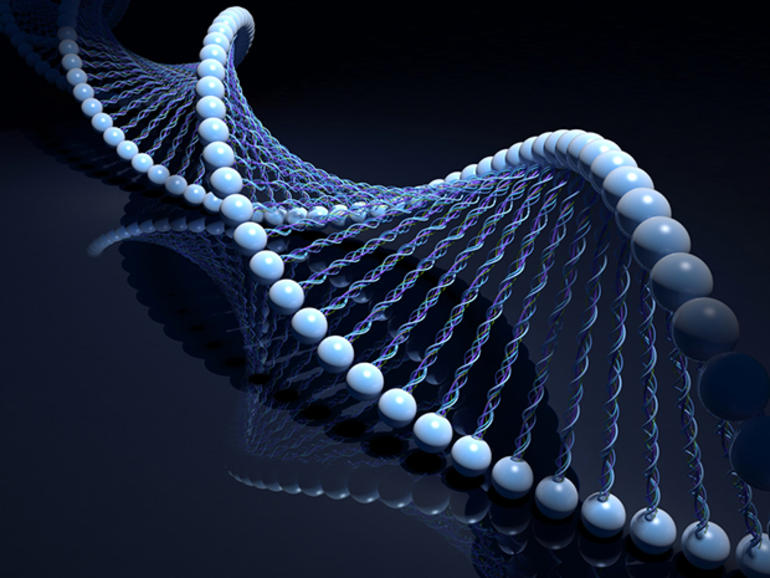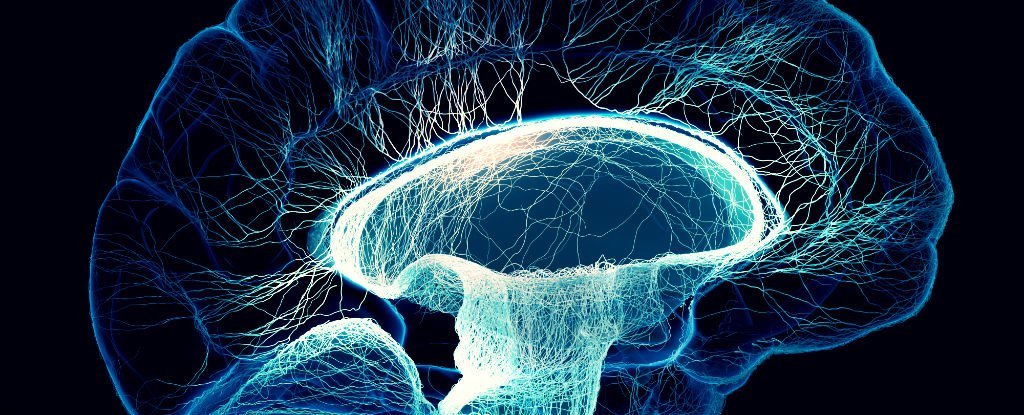Given that the universe, and life on earth, unfolds in seamless wholeness, how did nature make such a mistake as man? And has evolution provided us a way out of our man-made disorder?
The human brain evolved the most powerful adaptation in any species—to extract reified ‘things’ from nature, manipulate them, and accumulate knowledge. This “cognitive revolution,” a breakthrough that occurred 100-200,000 years ago in southern or eastern Africa, was “exapted” for symbolic thought from a more primitive human brain. The exaptation of symbolic thought enabled Homo sapiens to have diverse languages, art, cultures and eventually, science.
No one knows what drove the brain’s enlargement, but the evidence is clear: morphology precedes, not follows, innovation in nature. In other words, nature can only produce innovations (like flight or symbolic thought) out of structures that already exist; it doesn’t develop structures for a particular use.
 That is the meaning of exaptation, which is another way of saying that evolution produces innovations in a new context that were previously used in other contexts and for other purposes.
That is the meaning of exaptation, which is another way of saying that evolution produces innovations in a new context that were previously used in other contexts and for other purposes.
Paleo-anthropologist Ian Tattersall, ends his book, “Monkey in the Mirror,” with a rhetorical question: “Who knows what exaptations are already in there waiting to be released?” His answer is to “actively seek ways to maintain the status quo, and develop means to cope with our familiar yet at the same time bizarrely unfathomable selves.” That just doesn’t cut it.
Given humankind’s headlong rush toward fragmenting nature, culture and the human psyche into billions of bits and bytes, producing a decimated planet inhabited by deracinated people, there is no choice but to end the status quo, and ask the question seriously: What exaptation in the human brain waits to be released that will allow an adequate response to the crisis of consciousness?
Humans were given the Promethean fire of symbolic thought, but we have been using this gift to plunder the planet. We are fragmenting everything all to hell. So is the human brain now being exapted for awakening insight, in the same way that it was exapted for symbolic thought 200,000 years ago?
Given the dynamic order and intelligence inherent in nature, it stands to reason. I’m not implying any design, or Designer, a deus ex machina, but rather, a creative potential beyond thought that the human brain can tap by awakening insight for its own sake, not just for the production of knowledge.
Ironically, the idea that life is just random combination of chemicals founders on the disorder humans are generating. How did the disorder of man arise from the order of nature? Humans don’t bring order, but chaos to the earth. And since we evolved along with all other life, what does human disorder imply about the emergence of what we call consciousness?
The word evolution has come to mean gradual change toward greater perfection. But perfection does not exist, and scientists who study organisms in nature now generally agree that evolution often does not operate in a gradualistic way, but a revolutionary way. That is, there are often long periods of stability and even stasis that are “punctuated” by short bursts of change.
Just such a radical change occurred when the modern human brain suddenly became rewired, in a relative blink of the eye, for “symbolic cognitive processes.” But this gift carried with it the necessity of self-knowing, because without it, like the Sorcerer’s Apprentice, man cannot stop dividing and fragmenting.
Therefore, as the primitive human brain contained the potential for symbolic thought, and the intellect, when it dominates the brain, leads to increasing fragmentation, so too the brain contains the capacity for self-knowing and insight sufficient to enable it to use thought wisely rather than stupidly.
Humankind stands at an evolutionary juncture as momentous as the crossroads our proto-human ancestors unconsciously stood, just before conscious symbolic thought exploded onto the scene with the cognitive leap. However our awareness of and intent for the next step in our evolution (which has nothing to do with computers) is indispensable to taking that step/leap.
Martin LeFevre
Lefevremartin77@gmail.com

